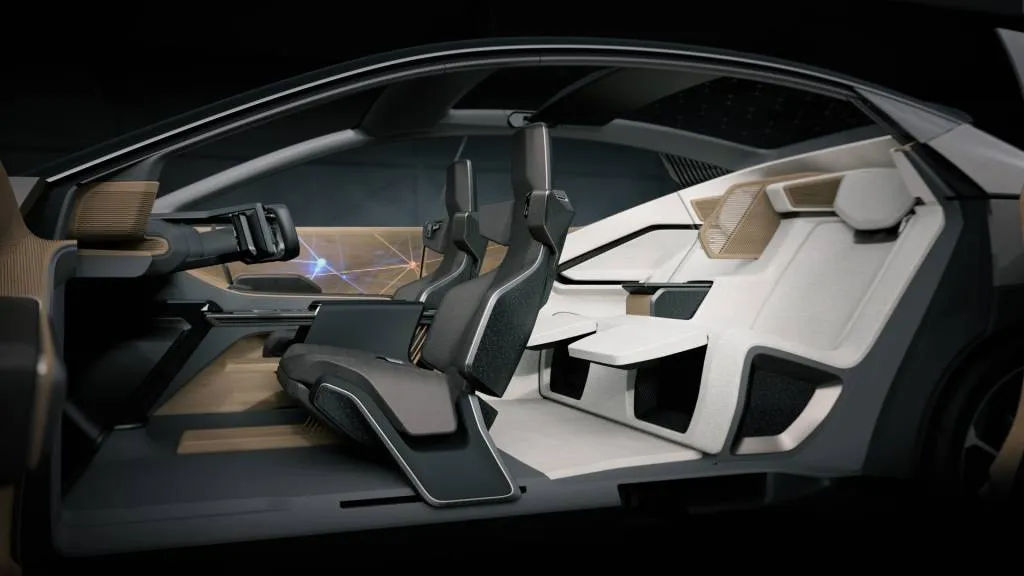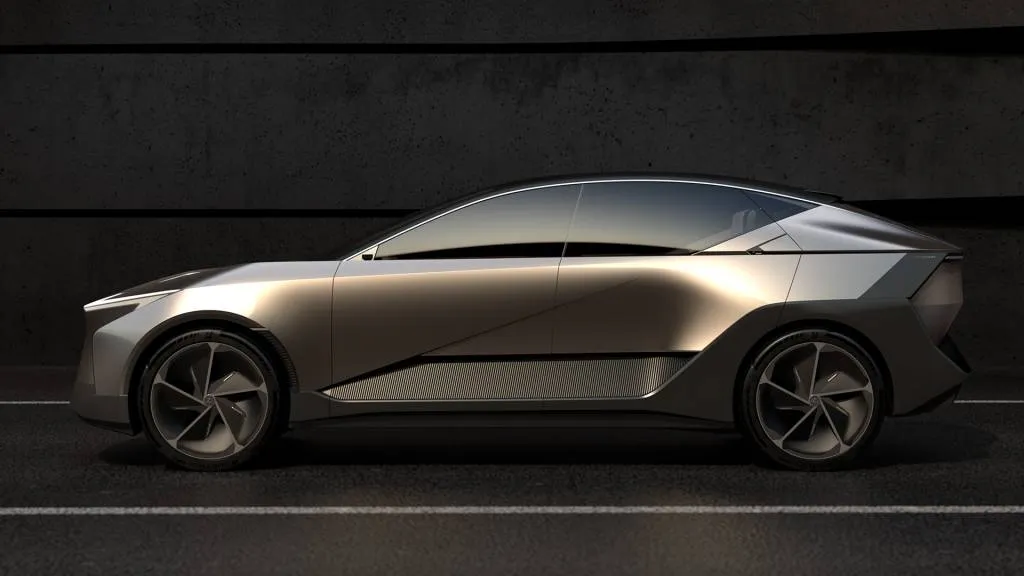At the 2023 Tokyo auto show, Lexus unveiled the LF-ZL concept previewing a future flagship electric SUV.
The concept, the name of which stands for "Lexus Future Zero-emission Luxury," measures 208.6 inches long, or about eight inches longer than the current Lexus LX SUV and two inches longer than the LS flagship sedan. An EV-specific platform allows for greater packaging flexibility and helps maximize interior space within that generous footprint.
The LF-ZL and other next-generation Lexus EVs will have a modular structure composed of three large "gigacastings" comprising the front, center, and rear of the vehicle structure. Pioneered by Tesla, this process eliminates some smaller parts that would ordinarily be welded together to form a basic vehicle structure, simplifying the production process and increasing rigidity.

Lexus LF-ZL concept
Future Lexus EVs will also feature new battery tech, including prismatic cells that will offer higher energy density and lower weight to help increase range, the automaker claims. The physical shape of the cells will also allow for thinner battery packs, allowing for sleeker styling that can help improve aerodynamics, according to Lexus.
Another new technology feature appearing in the LF-ZL concept is Lexus parent Toyota's new operating system, known as Arene. It will be able to process data from the car's onboard sensors and the surrounding environment, allowing the car to, for example, automatically bring up directions when a driver or passenger identifies a point of interest. Lexus also mentioned the "utilization of big data" to manage the charging process, helping to integrate EVs with the grid.
The LF-ZL was unveiled alongside the Lexus LF-ZC concept, a sleek hatch that Lexus said will enter production in 2026. The automaker didn't discuss a timeline for the launch of the LF-ZL, however.

Lexus LF-ZL concept
Before the arrival of these next-generation models, Lexus will introduce more EVs based on its current technology, likely including a three-row SUV. For now, Lexus' sole EV for the U.S. market is the RZ crossover. The automaker also sells an electric version of the UX crossover in some markets.
Lexus ultimately plans to sell only zero-emission vehicles—including both battery-electric and hydrogen fuel-cell models—in the U.S., China, and Europe by 2030, and the rest of the world by 2035.